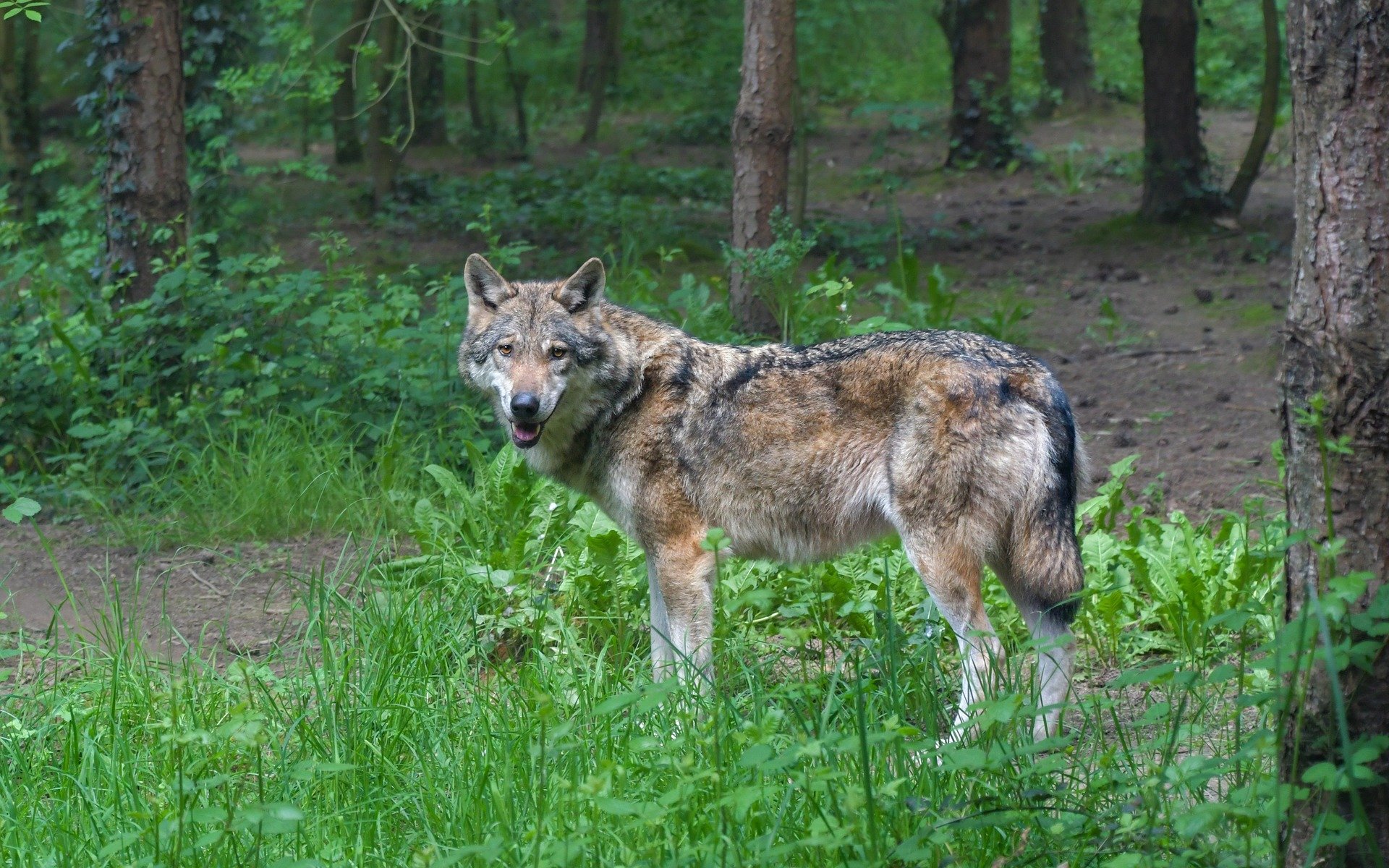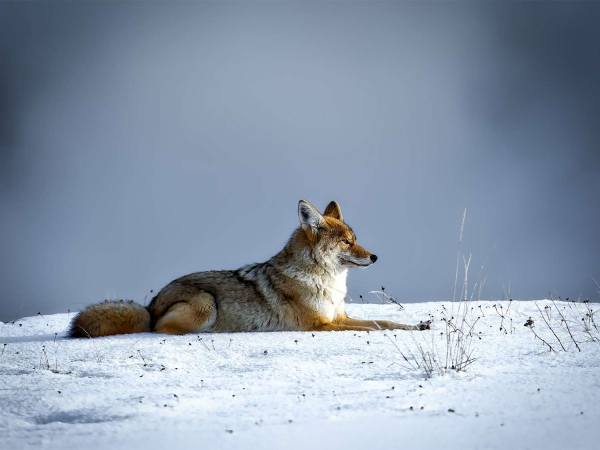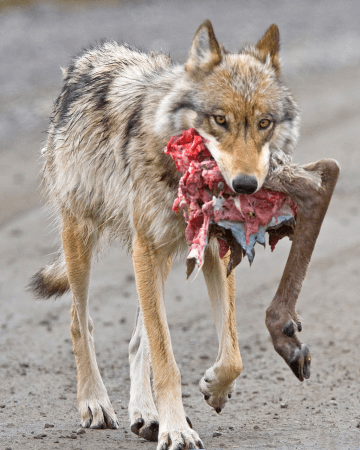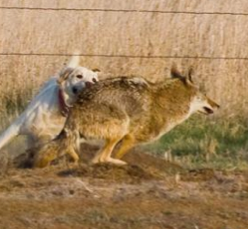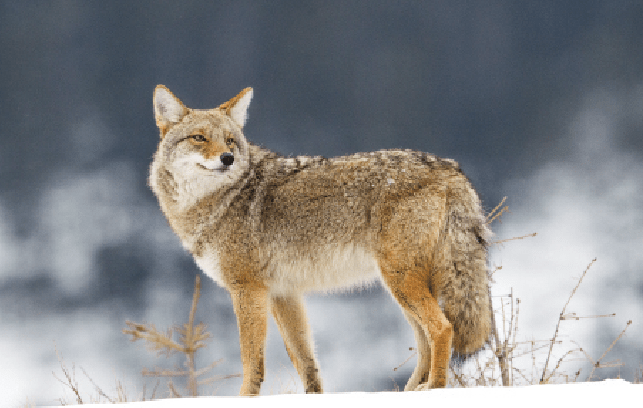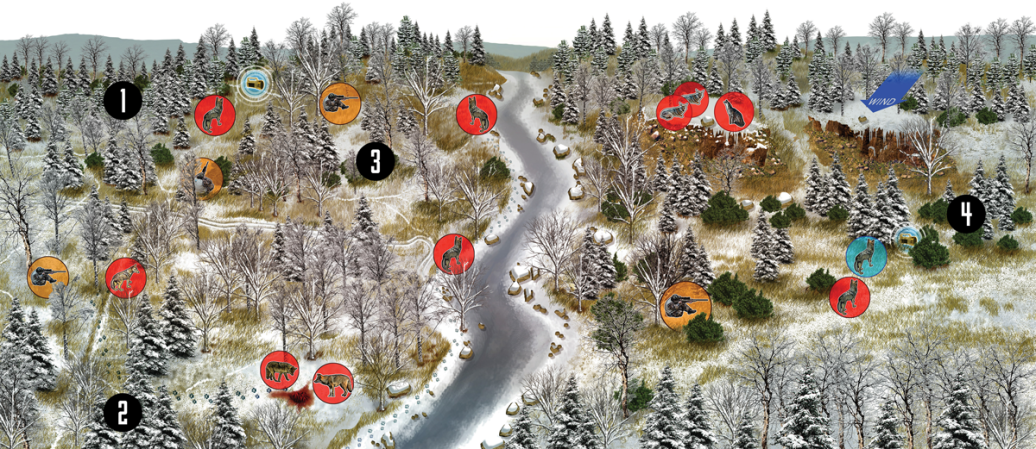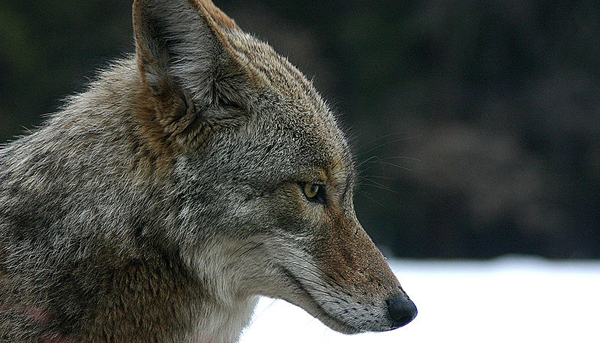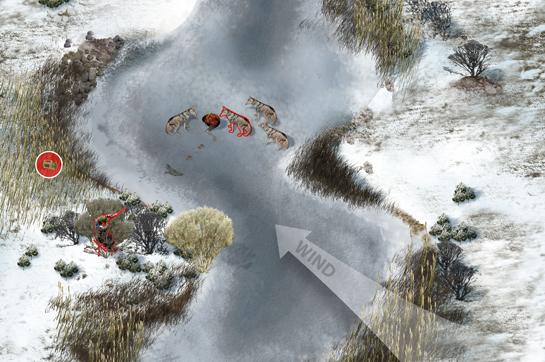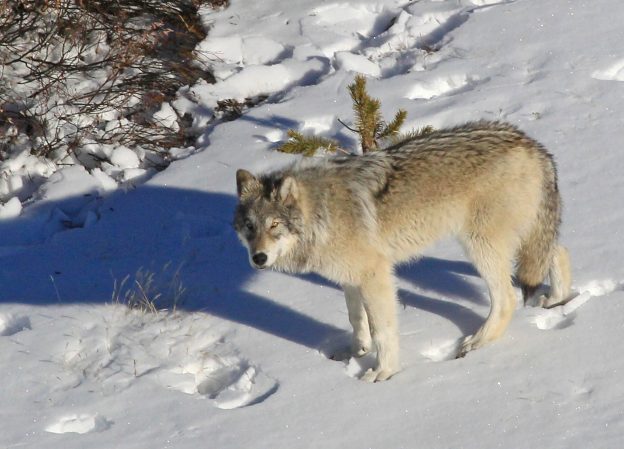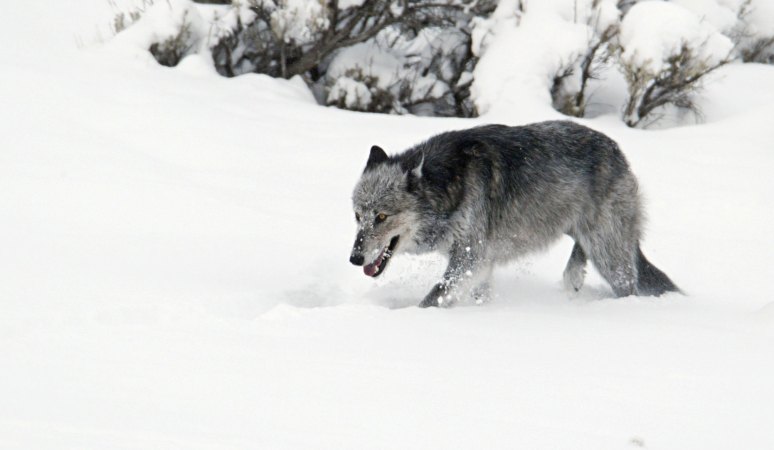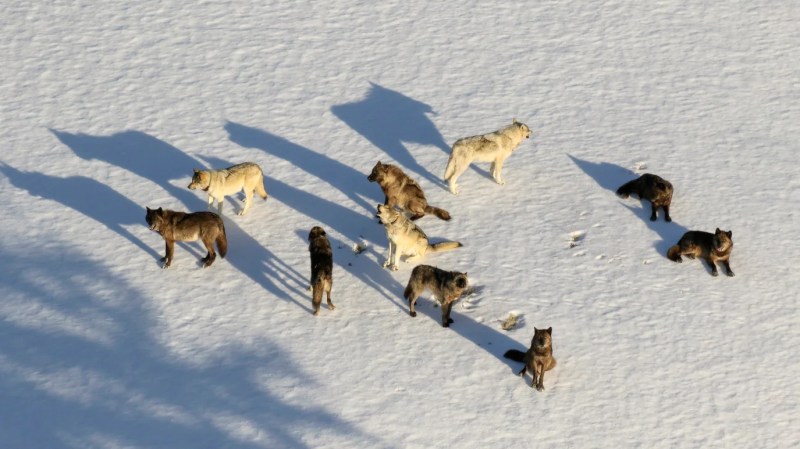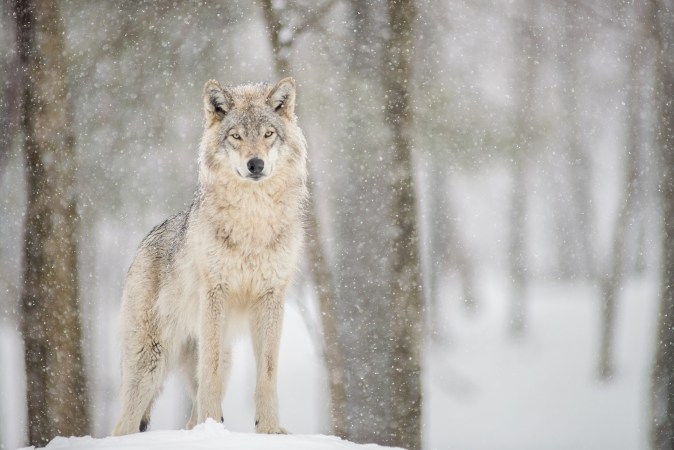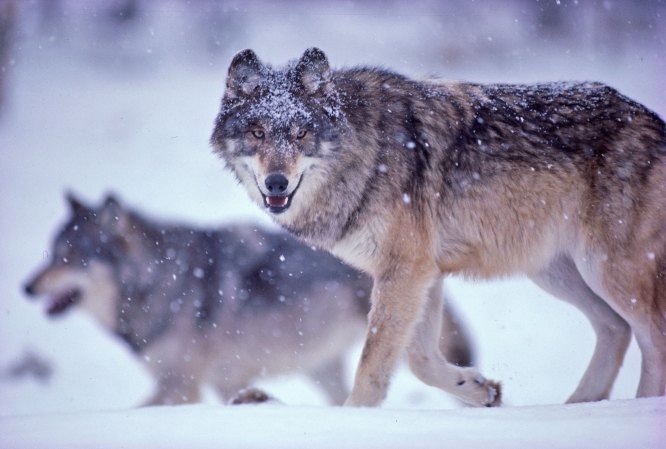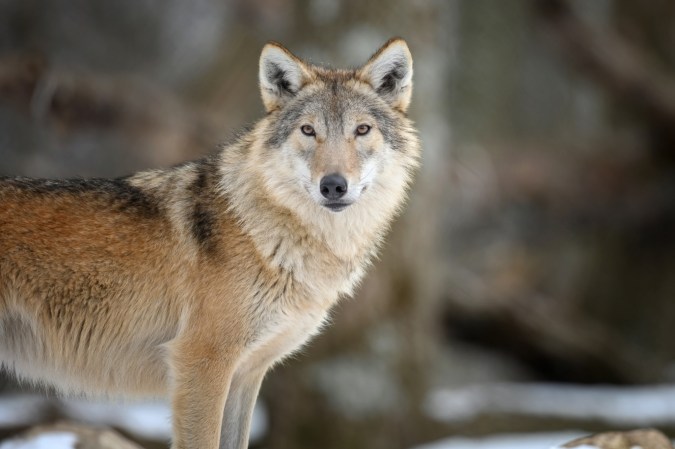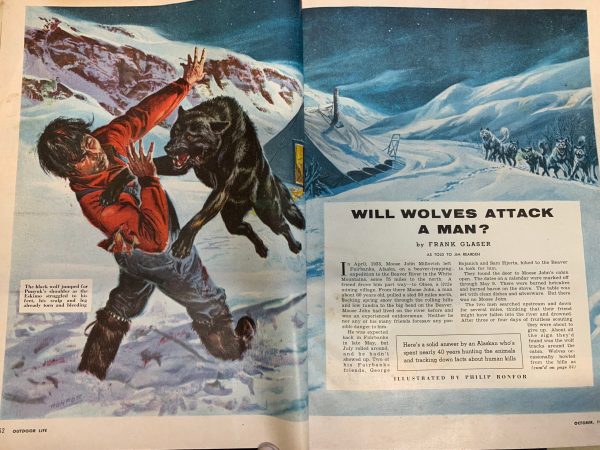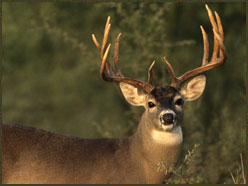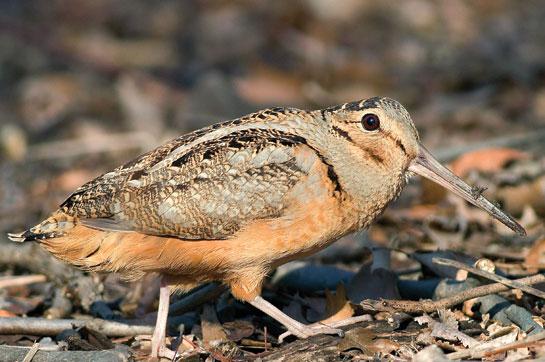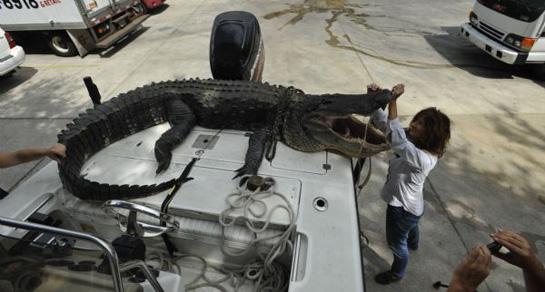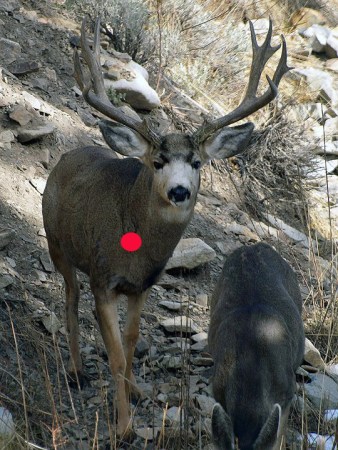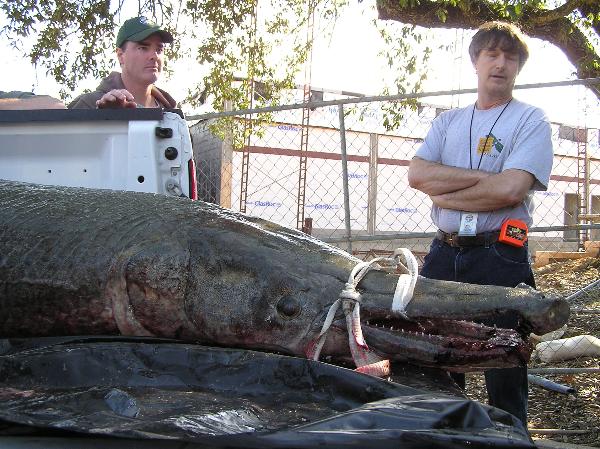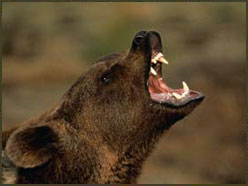Biological genetic testing has proven that the large female canine lawfully shot by coyote hunters on Jan. 28, 2021 near the town of Uehling in east-central Nebraska, was indeed a gray wolf.
The hunters notified the Nebraska game department of the animal, and they tested it. The testing determined the wolf originated from a population of animals roaming the upper Midwest in Minnesota, Wisconsin, and Michigan.
“This is the third confirmed instance of wolf presence in Nebraska since the early 1900s,” Sam Wilson, Game and Parks Furbearer and Carnivore program manager, told Nebraskaland Magazine. “Wolves can disperse great distances from their nearest populations in the northern Rocky Mountains or Upper Great Lakes.
“While we don’t have any evidence of resident wolves or reproduction in Nebraska, we can expect young wolves in search of new territory to cover long distances and make it to Nebraska from time to time.”
All three wolves documented in Nebraska in this century have been genetically linked to the Great Lakes strain of animals. The first was taken in 2002 near the town of Spaulding, the second in 2020 near the town of Bassett. The Bassett wolf was an 81-pound male.
Is it possible for a wolf pack to establish itself in Nebraska? Only time will tell. The state is located between the Great Lakes population of wolves (which has an estimated 4,000 animals) and the wolves in Wyoming and Colorado. Wyoming has approximately 300 wolves. Colorado has only a handful of known wolves but the state is planning to reintroduce wolves west of the Continental Divide by 2023.
Nebraska’s neighbor to the north, South Dakota, has had a few gray wolves killed on both sides of the Missouri River; however, South Dakota does not have a resident gray wolf population, according to South Dakota Game, Fish & Parks. Because wolves were removed from Endangered Species protections in January trappers, hunters, landowners, and livestock producers now have the ability to harvest gray wolves in South Dakota under Game, Fish, and Parks management authority. There are four known cases of coyote hunters taking wolves in Iowa since 2014.

